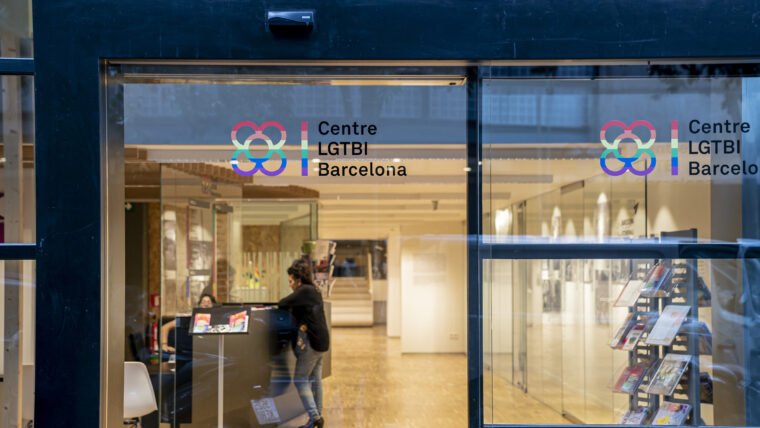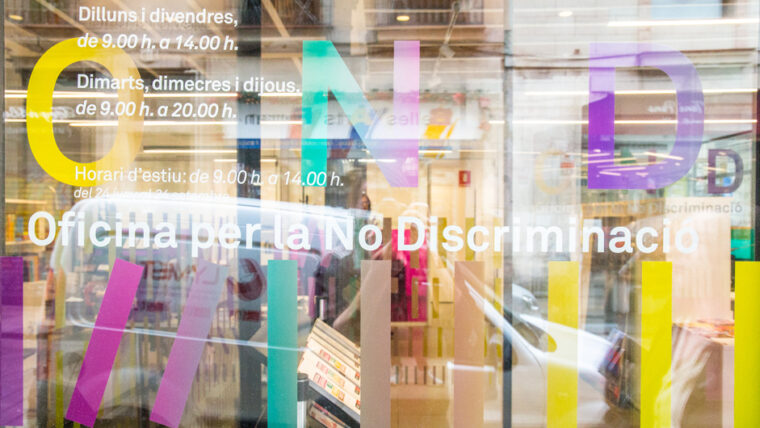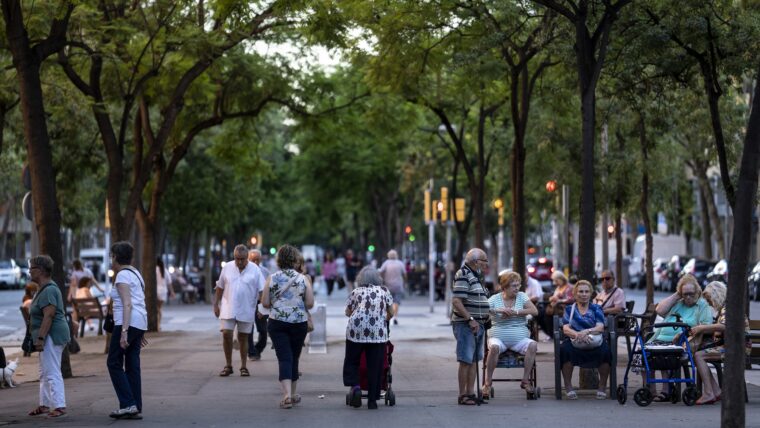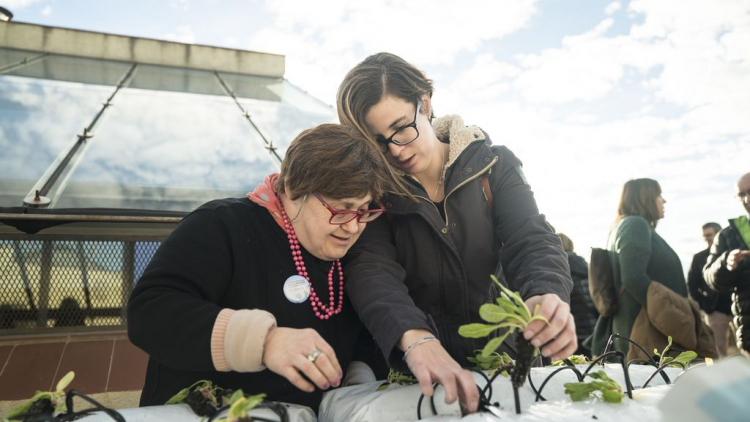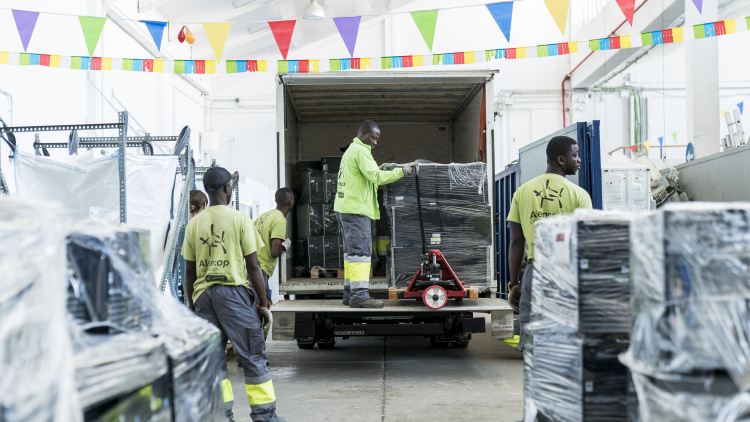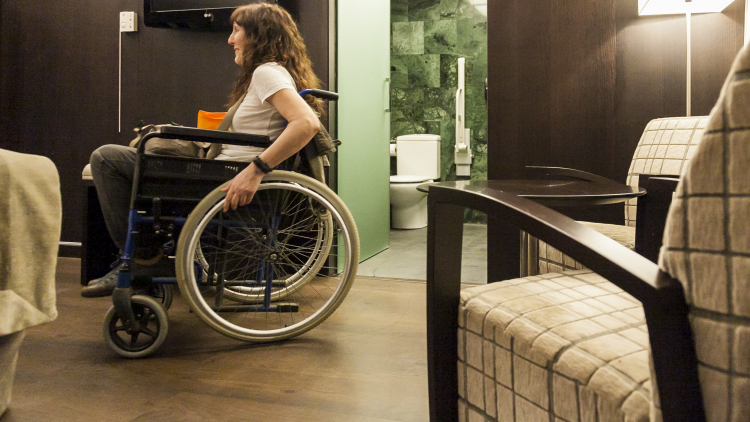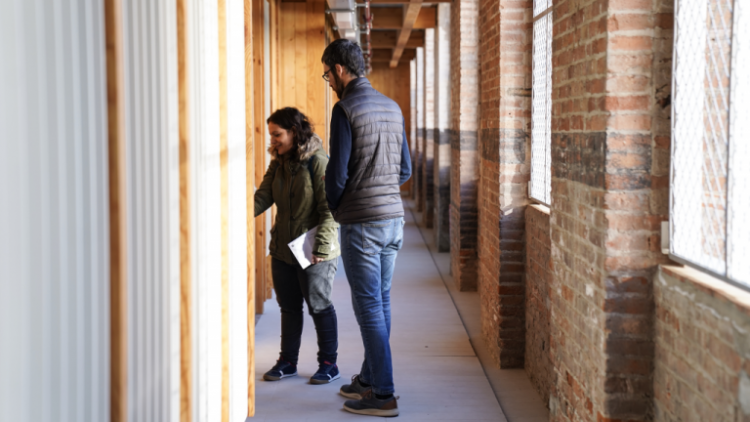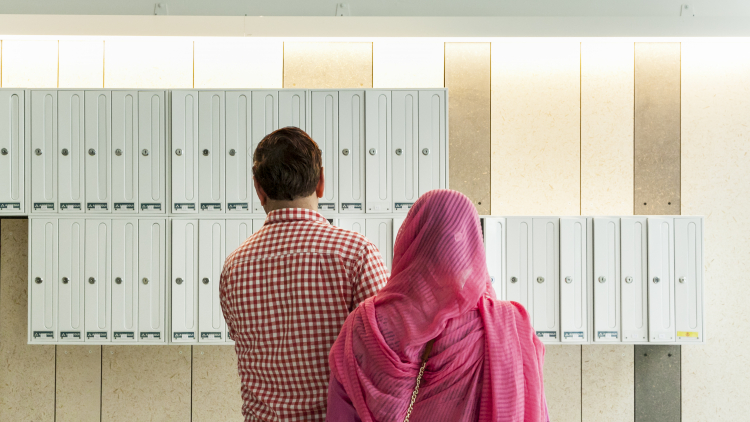Goal 10:
Reduced inequalities
Reduce inequality within and among countries
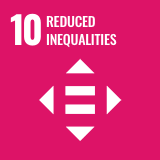
SDG 10 embraces the principal of ‘no one left behind’, which is a cross-cutting theme that is ubiquitous in the 2030 Agenda. In the economic arena, this must begin with an improvement in the situation of the lower-income population, both in absolute and relative terms.
It aims to foster fiscal, wage and social protection policies that assure equal opportunities and less inequality in outcomes. But this objective also aims for social, economic and political inclusion for everyone, forging bonds and breaking down age, gender, class, ability, language, origin and sexual orientation barriers.
10.1 By 2030, achieve and sustain income growth of the poorest 40% of the population at a rate higher than the national average
10.2 By 2030, empower and promote the social, economic and political inclusion of all people, irrespective of age, sex, disability, race, ethnicity, origin, religion or economic or other status
10.3 Ensure equal opportunities and reduce inequalities of outcome, including by eliminating discriminatory laws, policies and practices and promoting appropriate legislation, policies and measures in that regard
10.4 Adopt policies, especially tax, wage and social protection policies, and progressively achieve greater equality
10.5 Improve regulation and monitoring of the global financial markets and institutions and strengthen the implementation of such regulations
10.6 Ensure greater representation and voice for developing countries in decision-making in international economic and financial institutions to make them more effective, credible, accountable and legitimate institutions
10.7 Facilitate orderly, safe, regular and responsible migration and mobility of people, including through the implementation of planned and well-managed migration policies
10.a Implement the principle of special and differential treatment for developing countries, in particular less developed countries, in accordance with World Trade Organisation agreements
10.b Encourage official development assistance and financial flows, including direct foreign investment, for States where the need is greatest, in particular the least developed countries, African countries, small island developing States and landlocked developing countries, in accordance with their domestic plans and programmes
10.c By 2030, reduce to less than 3% the transaction costs of migrant remittances and eliminate remittance corridors with a cost higher than 5%
Plans i programes municipals relacionats
- City Education Project (PEC)
- II Plan for Gender Justice (2021-2025)
- Plan for a Comprehensive Approach to Sex Workers
- Right to Housing Plan (2016-2025)
- Estrategia de la Economía Social y Solidaria en Barcelona 2030
- Adolescence and Youth Plan (2023-2030)
- Barcelona Cooperation for Global Justice Master Plan (2023-2026)
- Barcelona Plan for Fighting Homelessness (2016-2020)
- Sustainable Public Procurement Plan
- Barcelona Neighbourhood Plan (2021-2024)
- ‘Barcelona, Refuge City’ Plan
- "Barcelona, Digital City" Plan
- Childhood plan 2021-2030
- Strategy on Demographic Changes and Ageing (2018-2030)
- Barcelona agreement for quality employment
- Strategy for Social Inclusion and Reducing Social Inequality (2017-2027)
- Local Economic Development Strategy
- Barcelona Strategy against the Feminisation of Poverty and Job Insecurity (2016…
- Citizen Commitment to Sustainability (2012-2022)
- Local strategy for the Barcelona's Roma community
- Universal Accessibility Plan (2018-2026)
- Barcelona Interculturality Plan 2021 - 2030
- Municipal Plan for Community Action (2018-2022)
- Municipal Plan to Combat Islamophobia
- Youth Services and Facilities Plan (2018-2028)
- Estratègia municipal contra la soledat 2020-2030
- Mesura de govern per una Barcelona antiracista 2022-2025
- Pla de Drets Culturals de Barcelona



